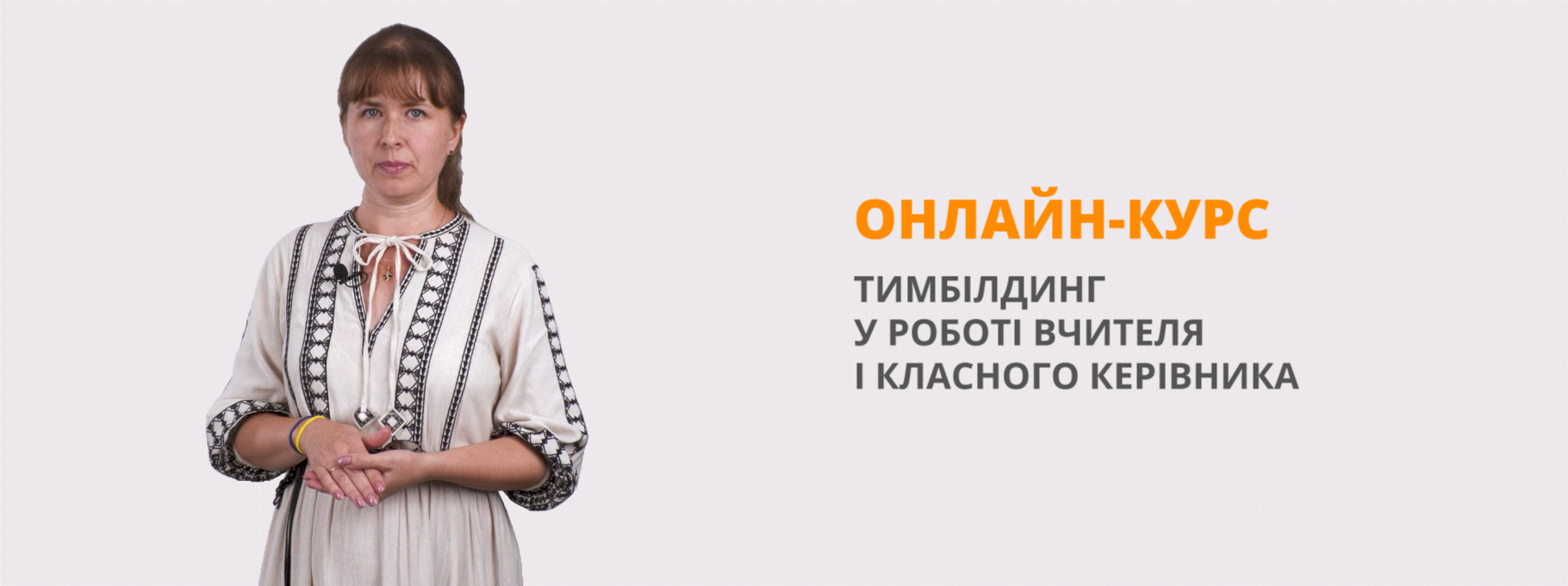Розробка уроку англ мови на тему "Природні географічні особливості"
Урок для дистанційного навчання. Він розрахований на середній рівень володіння англійською мовою (рівень B1) і може бути адаптований для старших класів. Урок включає інтерактивні завдання, роботу з лексикою, аудіювання та розвиток навичок письма.
Topic: "Geographical Features".
Aim of the lesson:
Знаннєвий компонент: засвоїти лексику, пов'язану з географічними об'єктами, та використовувати її у контексті; опрацювати граматичні конструкції, які пов'язані з описом природних явищ; запам`ятати назви природніх ландшафтів, формувати екологічну свідомість; практикувати у сприйнятті мови на слух.
Діяльнісний компонент: сприяти усному мовленню; практикувати учнів в описуванні географічних об'єктів природи англійською мовою; використовувати набуті знання при вивченні географії.
Ціннісний компонент: розширити світогляд і розуміння різноманіття світу; розвивати мовні компетентності, зорову та слухову пам'ять, логічне мислення, мовну здогадку.
Ключові компетентності: інформаційно-комунікаційна; уміння вчитися, спілкуватися англійською мовою,
Предметні компетентності: розвивати письмові та усні навички учнів; вдосконалити навички читання, аудіювання.
Базові поняття і терміни: запам`ятати назви географічних об`єктів; повторити прикметники(long, short, wide, deep, high); правила Past Continuous.
Equipment: комп’ютер /смартфон, додаток “Zoom”, онлайн- підручник з англійської мови для 6 класу, авторів Джоанна Коста та Мелані Вільямс « PREPARE», презентація до теми, завдання для роботи.
Type of the lesson: урок формування компетентностей.
PROCEDURE
- The beginning of the lesson.
1. Greetings and connection check:
“Hello, everyone! Can you hear me? Let’s start!”
2. Topic and objectives of the lesson:
Today in the lesson we will study vocabulary on the topic “Natural geographical features”. Let`s repeat the adjectives and characteristics of the weather. Let's start our lesson. "Today we are going to talk about nature. Can you tell me what you like most about nature?" let's be attentive and work actively.
3.Warm-up: (Слайд №2)
"Associations": Name a word associated with nature (for example "mountain") and ask students to name as many association words as possible (lake,beach, forest river, island, etc.).
• "Guess the word": Based on the description, let the students guess the geographical object.
For example:
- "It's a very big body of water. You can swim in it." ( sea).
- I am big, salty and boundless. Ships sail over me. who am i (Ocean)
- I am smaller than the ocean, but I am also salty. I have many islands. who am i (Sea)
- I am fresh, surrounded by earth. I have fish. who am i (Lake)
Yes or no: Ask questions about different geographic features and students after yes or no.
For example:
- "Is the desert a hot place?.
- Does it rain in deserts?
- Do all rivers flow into the ocean?
- Is Antarctica the coldest continent?
4.Phonetic exercises for studying natural geographical features in class.(Cлайд№3)
1. Pronunciation of individual sounds and sound combinations:
Mini-Dialogues: Students work in pairs and make short dialogues using words with certain sounds. For example, the sound /θ/ (as in "think") can be used in the words "earth", "north", "south".
Tongue: Use tongues with different sounds to practice pronunciation.
2. Pronunciation of words in sentences and texts:
Stories: Students tell short stories about their favorite places or trips.
Topics for phonetic exercises:
Oceans and seas: Pacific, Atlantic, Arctic, Indian, Mediterranean
Continents: Europe, Asia, Africa, America, Australia
Terrain: mountain, valley, plain, desert, river
ІІ. The main part of the lesson.
1.Presenting vocabulary. (Слайд№4)
Sb p. 86 ex.1, unit 15 p.130 (work with new words)
Listen and repeat. (Showing the screen and learning vocabulary)
Beach – |biːtʃ| - пляж
Desert – |ˈdezət| - пустеля
Forest – |ˈfɒrɪst| - ліс
Island – |ˈʌɪlənd| - острів
Lake – |leɪk| - озеро
Mountain – |ˈmaʊntɪn| - гора
Ocean – |ˈəʊʃ(ə)n| - океан
River – |ˈrɪvə| - річка
Sea – |siː| - море
Waterfall – |ˈwɔːtəfɔːl| - водоспадCanal – kəˈnal|-канал
Cave – |keɪv| - печера
Cliff – |klɪf| - скеля (відвісна)
Hill – |hɪl| - пагорб
Stream – |striːm| - струмок
Valley - |ˈvali|- низина (впадина)
2. Development of writing skills.(Слайд№5)
- Look at the photos (p.86.writing) and complete the sentences with
wide, high, long and deep.
- Match the words in Exercise 1 to the adjectives in the box. (p.86)
deep -
high -
long -
wide –
Фізкультхвилинка:
https://youtu.be/vGAkqpIzPI0?si=U5yio6UeoJi-dukD
3. Grammar. Repeat adjectives antonyms.
Match the words in Exercise 1 to the adjectives in the box. (p.86)
deep -
high -
long -
wide –
- Grammar practice. Past continuous. (Слайди 6-7)
Утворення the Past Continuous Tense. Щоб утворити цей час дієслова, нам потрібно використати дієслово to be у формі минулого часу. Це залежить від особи (was для I, he, she, it; were для you, we, they), а потім додайте –ing до дієслова.
We use the past continuous to talk about activities happening at a moment in the past. (див. ст.150 підручника)
Complete sentences 1–4 using the verbs in the article. (Ex.1, p. 87)
4.Development of speaking and reading skills. (Ex.4 and 5, p. 86-87) Let's talk about Ukraine.
Do you know which is the largest and widest lake in Ukraine? (Слайд №8)
Which lake is the deepest?(Слайд №9)
What is the longest river in Ukraine? (Cлайд № 10)
What mountains do you know in Ukraine?(Слайд №11)
5. Children, we continue to work asynchronously.asks for independent processing. Children work in the classroom. (Cлайд№12)
Time to complete the task 5-7 minutes. Write only the answer.

Key: 1i, 2f,3c,4a,5d,6j,7b,8g,9h,10e.
ІІІ. The end of the lesson.
- Summarizing
Tasks for listening: (Слайд №13)
https://learningapps.org/36668789
Consolidation of lexical material:
https://learningapps.org/30137875
b) Home-work (Слайд №14)
https://wordwall.net/ru/resource/7982042/geographical-features (тренувати запам`ятовуваня лексики); виконати письмово вправу 1.ст.87)
Thank you for your hard work today. The lesson is over. Good-bye.
Використані джерела
- Англійська мова (6-й рік навчання). Підручник для 6 класу закладів загальної середньої освіти (з аудіосупроводом)/Джоанна Коста, Мелані Вільямс. Видавництво «Лінгвіст» Київ – 2023.
- Наша мінлива планета. Географічні особливості. Урок англійської мови. 7 клас. URL:https://www.youtube.com/watch?v=92XeWsTjRhg&t=372s
- Руханка танець ucumber Dance" / Фізкультхвилинка URL:https://youtu.be/vGAkqpIzPI0?si=U5yio6UeoJi-dukD
- Geographical Features. URL: https://learningapps.org/36668789
- Geographical Features. URL:https://learningapps.org/30137875
- URL:https://wordwall.net/ru/resource/7982042/geographical-features
- Презентація до уроку «ГеографічніURL особливості» URL:https://docs.google.com/presentation/d/1_b2B939osjLm604Wrp9MZI5gB28bJipv/edit#slide=id.p1
1


про публікацію авторської розробки
Додати розробку
